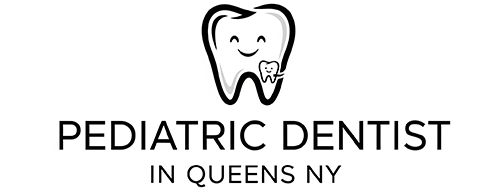Teeth cleaning is a standard dental procedure aimed at maintaining oral hygiene. However, there’s a common concern among patients: does teeth cleaning damage teeth?
This article delves into the science behind teeth cleaning, addressing common misconceptions and providing evidence-based answers.
The Myth of Damage
Common Fears and Misconceptions
Many believe that teeth cleaning weakens teeth, causes enamel erosion, or leads to increased sensitivity. These fears often stem from misconceptions or past experiences with subpar dental care.
Debunking Myths
Scientific evidence suggests that professional teeth cleaning does not damage healthy teeth. On the contrary, it prevents conditions that could weaken teeth over time.
The Role of Dental Professionals
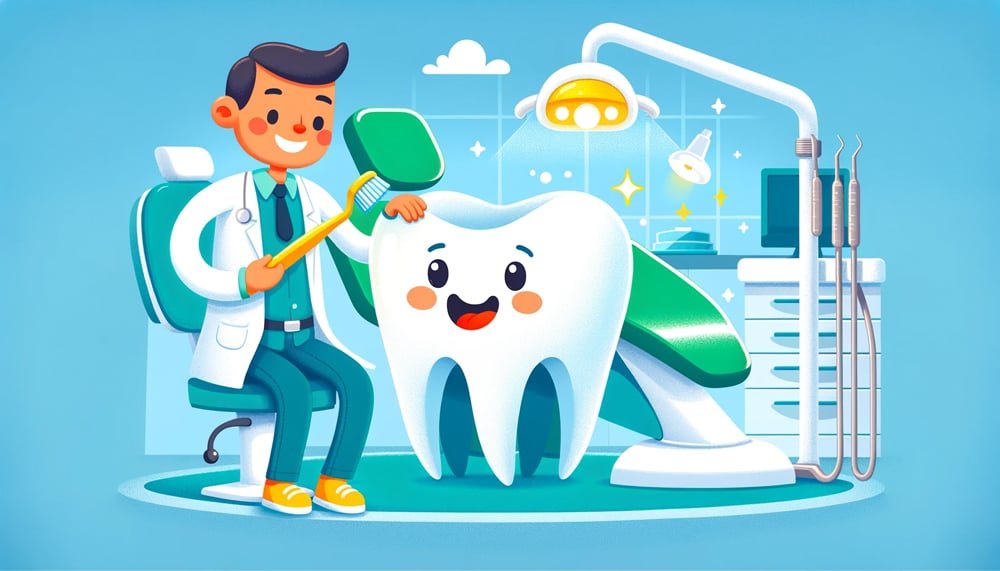
Importance of Skilled Dentists
The technique and tools used by dentists play a crucial role in ensuring that teeth cleaning is safe and effective. Choosing a qualified and experienced dentist is crucial.
Personalized Care
Dentists assess individual oral health needs, adjusting their cleaning techniques accordingly. This personalized approach ensures that the procedure is both effective and gentle.
Understanding Teeth Cleaning
What is Teeth Cleaning?
Teeth cleaning, also known as dental prophylaxis, involves removing plaque and tartar from teeth surfaces. It’s a preventive measure to maintain oral health and prevent gum diseases.
Methods of Teeth Cleaning
There are various methods of teeth cleaning, including:
- Manual Scaling: Using hand-held tools to scrape off plaque.
- Ultrasonic Scaling: Using high-frequency vibrations to remove tartar.
- Polishing: Smoothing the teeth surfaces post-scaling.
Benefits of Teeth Cleaning
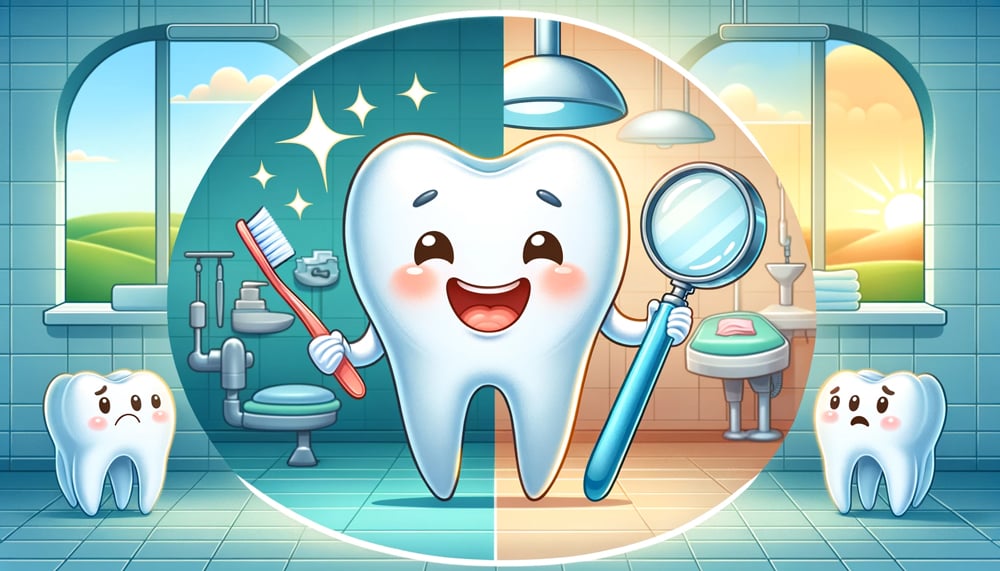
Preventing Gum Diseases
Regular teeth cleaning prevents gum diseases like gingivitis and periodontitis, which can lead to tooth loss if untreated.
Maintaining Tooth Strength
By removing plaque and tartar, teeth cleaning helps maintain the strength and integrity of teeth, preventing decay and cavities.
Enhancing Oral Hygiene
Teeth cleaning complements daily brushing and flossing, ensuring a higher level of oral hygiene.
Potential Risks and How to Mitigate Them
Understanding the Risks
While teeth cleaning is generally safe, improper techniques can cause gum recession or enamel wear. These risks are, however, rare and often associated with overly aggressive cleaning.
Mitigating Risks
Choosing a reputable dental clinic and communicating any concerns with your dentist can significantly reduce potential risks.
Aftercare: Ensuring Long-term Health
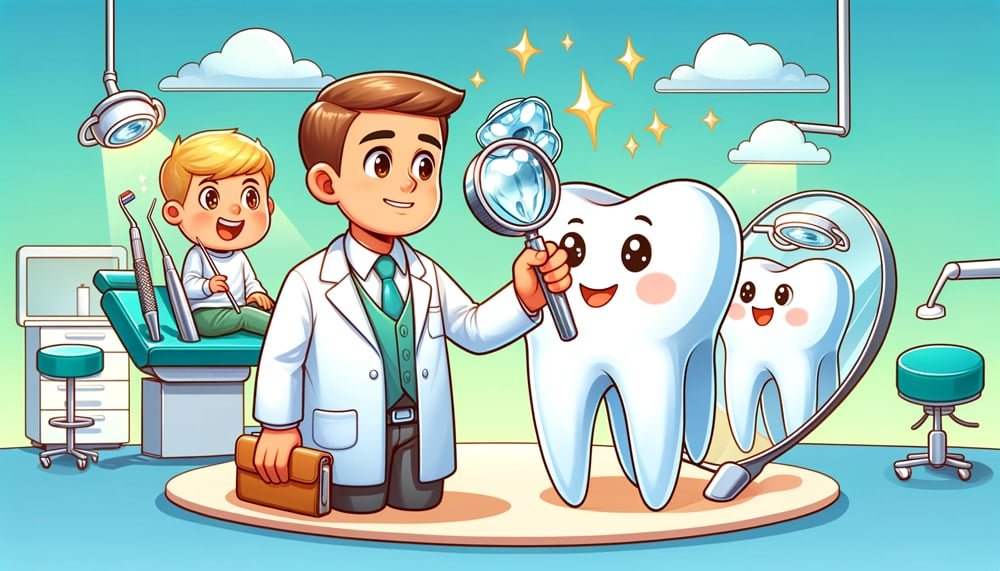
Post-Cleaning Care
After teeth cleaning, dentists often provide guidelines to maintain oral health, including proper brushing techniques and dietary advice.
Regular Dental Visits
Regular dental check-ups and cleanings are recommended to monitor oral health and address any issues promptly.
Addressing Sensitivity Post-Cleaning
Causes of Sensitivity
Some individuals may experience temporary sensitivity after teeth cleaning. This is often due to the exposure of tiny dentinal tubules, which usually subsides within a few days.
Managing Sensitivity
Using desensitizing toothpaste and avoiding extremely hot or cold foods can help manage post-cleaning sensitivity.
The Science Behind Teeth Cleaning
Dental Studies and Research
Numerous studies have supported the safety and efficacy of teeth cleaning. Research shows that regular cleaning reduces the risk of periodontal diseases and improves overall oral health.
Expert Opinions
Dental experts agree that the benefits of teeth cleaning far outweigh any minimal risks. The procedure is considered an essential part of preventive dental care.
Myths vs. Facts
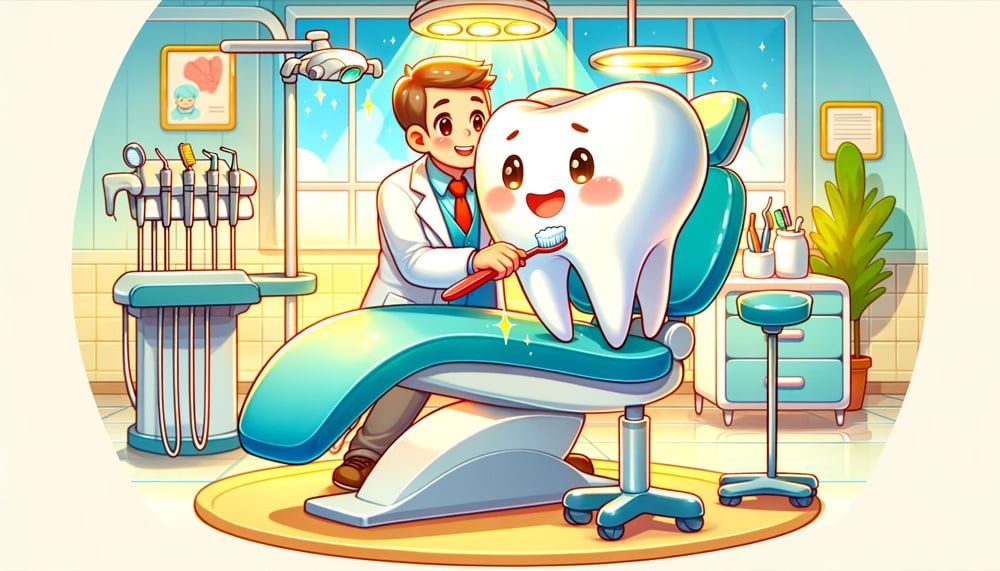
Separating Fact from Fiction
It’s important to differentiate between myths and facts when it comes to teeth cleaning. Understanding the science behind the procedure dispels common fears.
Educating Patients
Dental professionals play a key role in educating patients about the importance and safety of teeth cleaning, helping them make informed decisions about their oral health.
Conclusion
The Verdict on Teeth Cleaning
Teeth cleaning is a safe, essential procedure that plays a vital role in maintaining oral health. It does not damage teeth but rather prevents conditions that could compromise dental integrity.
Emphasizing Preventive Care
Prioritizing teeth cleaning and regular dental check-ups is crucial for long-term oral health. It’s a proactive approach to preventing dental issues before they arise.

Mary – Queens Pediatric Dental Resource Manager. I’m a dental health researcher and parent advocate based in Queens, NY. After struggling to find reliable pediatric dental information during my own child’s dental emergency, I created this resource to help other Queens families navigate their children’s oral health needs.
I curate evidence-based information from leading pediatric dental organizations, peer-reviewed research, and trusted dental health experts. While I’m not a dentist, I’m committed to providing accurate, practical guidance that helps parents make informed decisions.
All content is thoroughly researched and includes proper medical disclaimers directing families to consult qualified pediatric dentists for their children’s specific needs.
